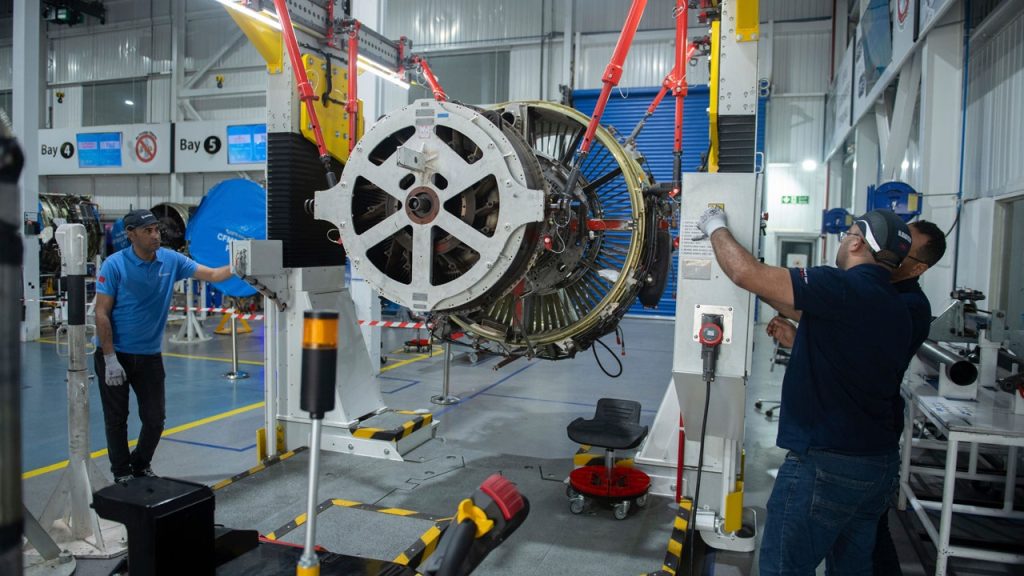Moroccan officials are aiming to transform the country into an aviation hub, attracting investors looking to expand their supply chains to more countries with available and affordable workers. The $2 billion-a-year aerospace industry in Morocco is part of a larger effort to shift the largely agrarian economy towards manufacturing planes, trains, and automobiles. As major manufacturers like Boeing and Airbus outsource design, production, and maintenance to countries around the world, Morocco is positioning itself as an attractive option due to its skilled and available workforce.
Despite the optimism surrounding the growth of the aviation industry in Morocco, there are challenges that the sector faces. With the resurgence of air travel following the pandemic, demand for new planes has increased, leading to production delays and supply chain issues for manufacturers like Boeing. The industry has been forced to seek out new locations in regions like eastern Europe and southeast Asia to build and repair parts in order to keep up with demand. However, Morocco has been able to establish itself as a reliable destination for companies like Safran Aircraft Engines, which sends engines for Boeing 737s and Airbus 320s to a repair plant outside of Casablanca every six to eight years.
Morocco has become home to 130 companies in the aviation sector, where parts ranging from wings to fuselages are produced. The industry boasts a workforce that is 42% female, a proportion that is larger than its European and North American manufacturing industry counterparts. The government and industry have invested in training skilled workers at institutions such as IMA, an institute for aeronautics professions in Casablanca, to meet the growing demand for labor in the aviation industry. Safran CEO Jean-Paul Alary has praised Morocco’s well-qualified and well-trained talent as key to achieving the industry’s goals.
While Moroccan authorities are keen on expanding the country’s aviation industry, they are also taking steps to combat art forgeries in the growing market. Efforts to lure investors and incentivize manufacturers aim to further bolster the sector. The country’s ambitions to become an aviation hub align with its plans to grow its airlines, including the state-owned Royal Air Maroc. The CEO of the airline, Hamid Abbou, highlights the advantages of the Moroccan workforce, which does not face the same labor shortages as seen in Europe. The strategic location of Morocco and its skilled labor force position it as a competitive option for international manufacturers seeking to diversify their supply chains.
Overall, Morocco’s push to become a key player in the global aviation industry is driven by its efforts to attract investment, capitalize on its skilled workforce, and position itself as a reliable manufacturing hub. Despite challenges facing the aviation sector worldwide, Morocco has successfully established itself as a destination for major manufacturers, showcasing its potential for growth and expansion in the industry. As the demand for air travel continues to rise, Morocco’s strategic investments in the aviation sector and focus on training skilled workers are likely to pay dividends in the future, solidifying its position as a competitive player in the global aerospace market.















